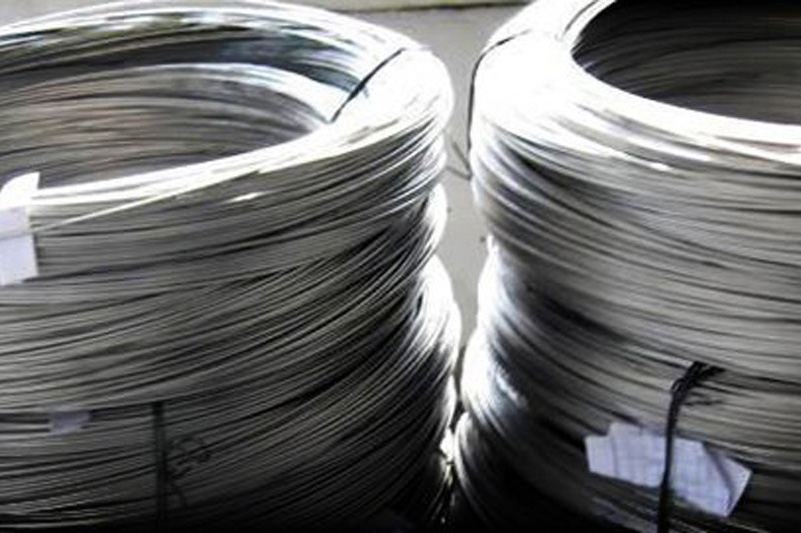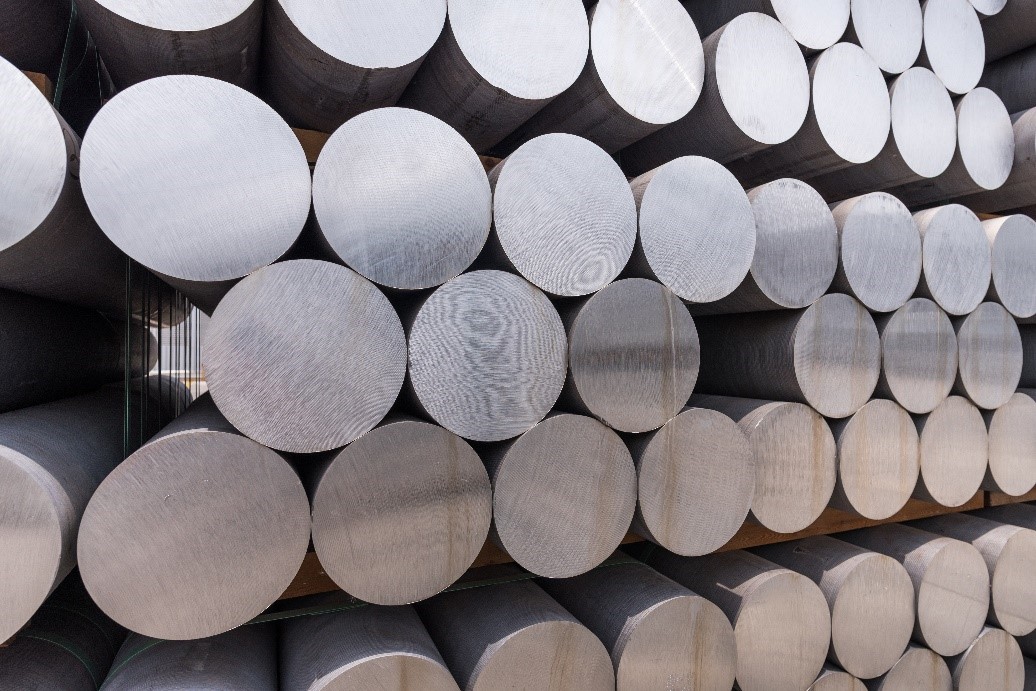

Did you know that titanium is one of the strongest metals on the periodic table? It offers resistance to heat, water and salt and is very lightweight.
One of the main reasons titanium is the preferred choice for so many different industries is that it combines high strength with low density – making it easier to work with.
Titanium suppliers, like us at Ti-Tek, can provide commercially pure titanium and titanium alloys but knowing exactly what you require can be difficult. To help, we’ve pulled together a quick guide:
Commercially pure titanium
Grades 1 to 4 is titanium in its purest form and here we explain its properties and uses:
Grade 1 titanium
Grade 1 titanium is one of the softest, most ductile grades. It offers high impact strength and is available in the titanium plate. It possess great formability and corrosion resistance which makes it ideal for a wide range of applications, including the following:
- Architecture
- Automotive
- Chemical processing
- Desalination
- Marine
- Medical
Grade 2 titanium
Grade 2 is widely used and readily available – offering suitability for many different industries.
When compared to a grade 1 titanium plate, a grade 2 titanium bar or plate is stronger but offers a similar level of corrosion. The weldability, ductility and formability of titanium bars makes them dependable for applications such as:
- Architecture
- Chemical processing
- Chlorate manufacturing
- Medical
- Power generation
Grade 3 titanium
Grade 3 is not as common as grade 1 or 2 and is less formable – making it great for applications of moderate strength.
Our grade 3 titanium rods are used for:
- Aerospace
- Chemical processing
- Marine
- Medical
Grade 4 titanium
If you’re looking for pure titanium in its strongest form – you could benefit from grade 4 titanium. Renowned for corrosion resistance, weldability and formability, titanium rods have become niche in the medical industry, as well as other high-strength applications.
A grade 4 titanium rod is used for:
- Airframe components
- Cryogenic vessels
- Heat exchangers
- Surgical hardware
Titanium alloys
The difference between pure titanium and alloys is that an alloy is made up of titanium and other metals. The reason why titanium is mixed with other elements is to provide additional strength, flexibility and malleability. Grade 5 is one of the titanium alloys that we supply at Ti-Tek.
Grade 5 titanium
Like grade 2 titanium bars, grade 5 titanium is said to be the “workhorse” alloy. It is the most commonly used grade – providing high-strength and light weight.
We supply titanium in this grade for industries to produce technical equipment such as:
- Aerospace fasteners
- Aircraft turbines
- High performance parts
- Sports equipment
Grade 7 titanium
Some of the properties of grade 7 titanium are similar to those of grade 2 titanium. Grade 7 titanium is mainly used for chemical processing and is found in the components of production equipment.
Grade 11 titanium
The properties of grade 11 titanium, whether it be a titanium exhaust or sheet, are comparable to those of grade 1 titanium. Industries choose grade 11 titanium to benefit from resistance against corrosion and erosion – providing a metal that is long-lasting.
Grade 11 titanium is used for similar applications as grade 1 titanium but can also reduce acid in chloride environments.
Grade 12 titanium
Here at Ti-Tek, we provide grade 12 titanium to suit different applications. When it comes to quality welding, grade 12 is often the best option as it is one of the most durable alloys that we supply.
Offering high-strength at high temperature, grade 12 titanium is great for:
- Aircraft components
- Elevated temperatures
- Marine
- Shell and heat exchangers
As titanium specialists, we stock an extensive range of pure titanium and titanium alloys and can help you to determine which grade suits your industrial requirements best. If you need to know more about the titanium grades or any of the products that we supply, call us today on 0121 382 4121.
Commercially Pure Titanium Vs. Titanium Alloys – FAQs
What is the best grade of titanium?
This depends on what you need. If you’re looking for strong, pure titanium like the one used in aerospace manufacturing, grade 4 will do the job. But if you’re open to using titanium alloys, titanium from grade 5, which is used in building engine components, provides excellent durability and strength. Which titanium or titanium alloy you choose will depend on its application. Speak to us at Ti-Tek if you’d like some advice on which titanium or titanium alloy is right for you.
Is grade 5 titanium harder than steel?
Yes compared to steel, on average, grade 5 titanium is around 5 times stronger than most steels. This is shown in its high psi number (pound-force per square inch), which can hit scores of around 160,000 psi. This is one of the reasons grade 5 titanium is used so widely in the aerospace industry, where it must endure intense pressure.
Is grade 5 titanium corrosion-resistant?
Yes, despite being a titanium alloy, not pure titanium, grade 5 titanium still offers incredible corrosion resistance. Along with its strength and formability, its anti-corrosion properties are one of the reasons it’s so popular, accounting for around half of all titanium sales worldwide.
How are titanium alloys made?
Titanium alloys are a mixture of pure titanium and other metals and chemical elements, to give the titanium new physical properties for many applications. The titanium, metals and chemical elements are heated and mixed, before being allowed to cool and harden. This often results in a much stronger and more durable metal than before.

